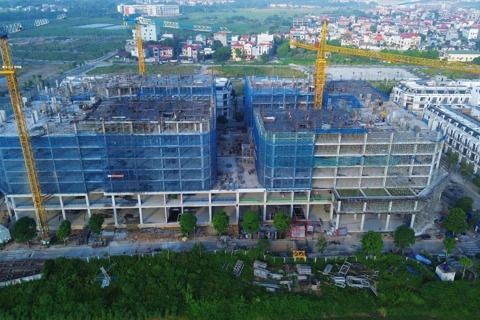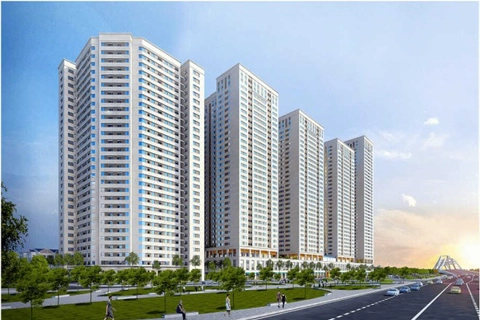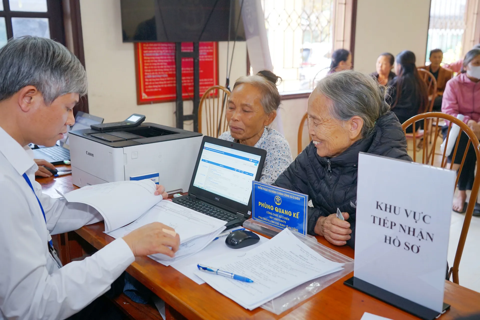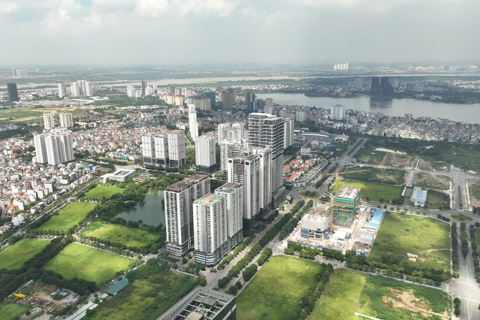Lao Cai, Hanoi, Haiphong Railway Project submitted to National Assembly
The line is expected to boost socio-economic growth along the Lao Cai-Hanoi-Haiphong corridor, improve national and international rail links, and support industrialization and modernization.
Minister of Transport Tran Hong Minh has presented a new policy for the Lao Cai - Hanoi - Hai Phong railway project to the National Assembly.
| The extraordinary session of the National Assembly. Photo: quochoi.vn |
According to the minister, the project aims to build a modern railway line between Vietnam and China.
The line is expected to boost socio-economic growth along the Lao Cai-Hanoi-Haiphong corridor, improve national and international rail links, and support industrialization and modernization, he told a National Assembly meeting on February 13.
Starting from the last station on Vietnamese territory in Lao Cai before entering China, the railway will run all the way to Lach Huyen Port. It will pass through nine provinces and cities for a total distance of over 420 miles.
The railway will be electrified, with a 1,435 mm gauge and a design speed of 160 km/h. The section through Hanoi will be limited to 120 km/h.
The project requires more than 2,630 hectares of land. About 19,000 people will have to be relocated. The estimated cost is over VND203.2 trillion (US$8 billion), which will come from the national budget.
Minister Minh made a number of firsts, such as exempting politicians and civilian personnel from liability for any unfavorable outcomes or misconduct that may occur during the project.
Chairman of the National Assembly's Economic Committee, Vu Hong Thanh, said the committee agreed on the necessity of the project for political, legal and practical reasons.
He asked for clarification on how the project is aligned with Vietnam's National Land Use Plan for 2021-2030 and Vision 2050.
He stressed the need for more explanation on technology transfer, operation and management after completion to avoid dependence on foreign technology. He also stressed that the railway should serve both civilian and national security purposes.
The committee urged the government to carefully review the rail line to ensure smooth connectivity with the national rail network, urban railways and other transportation systems.
The committee chairman also suggested minimizing land acquisition and compensation costs.
Commenting on the proposal to exempt civil servants from any liability, Thanh noted that there is no precedent for such a policy.
"If necessary, the government should seek more opinions before submitting it to the National Assembly," he said.
He also argued that such a policy is unnecessary as it could create unfairness among officials who have worked on similar projects.
Vietnam already has laws that reduce or exempt officials from liability and encourage those who take risks for the public good, he added.











